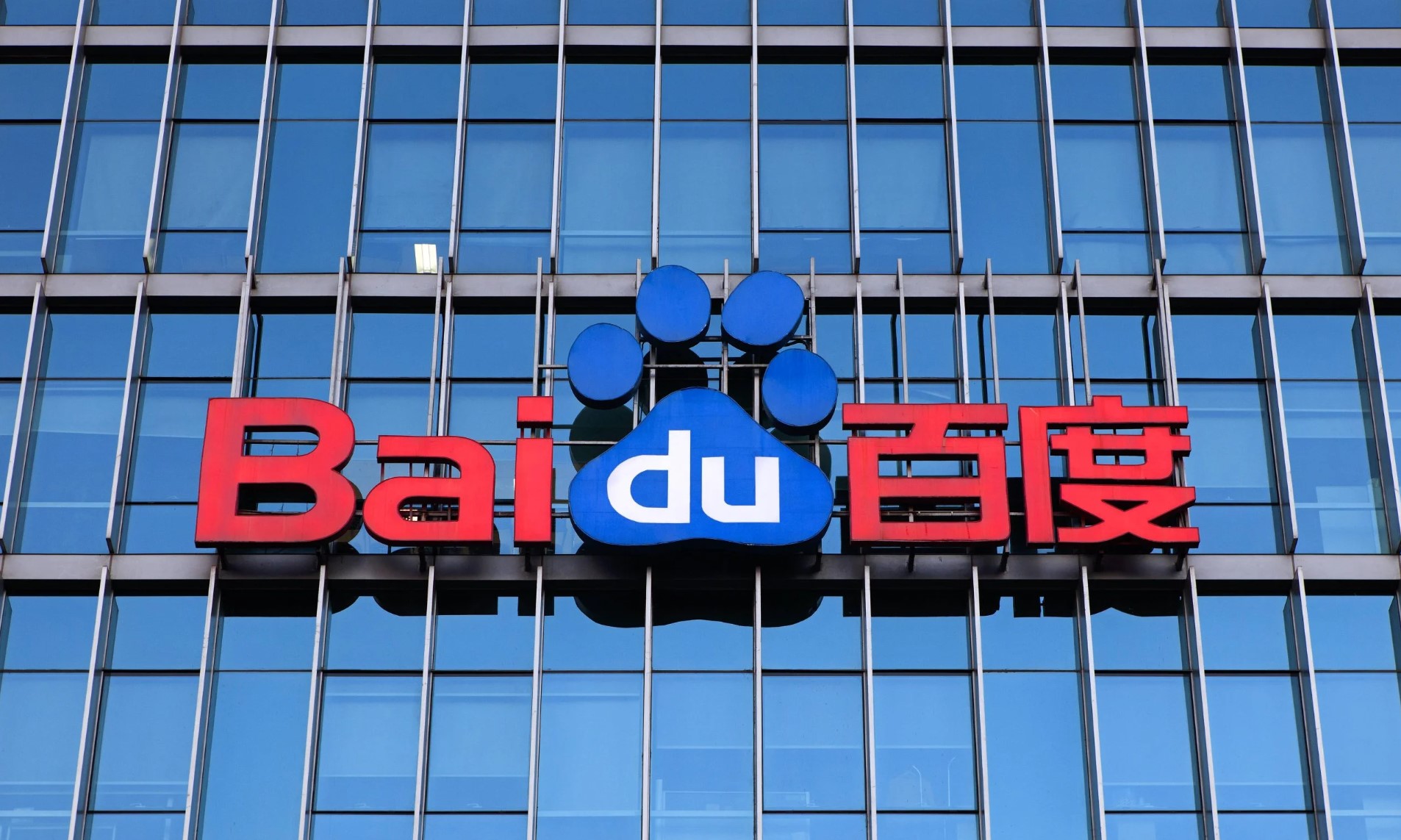Apples AI-strategi mangler Kina

Apple's presentation of its take on AI in upcoming iPhones this month gave examples of how US iPhone users could soon enjoy AI tools like a custom emoji generator. However, no one mentioned China, the second largest market for iPhones.
OpenAI's ChatGPT and other Western AI models are not available in China, prompting Apple to look for a Chinese partner to help offer its Apple Intelligence services, according to people in the industry. So far, no deal has been announced, and the next iPhone model releases are just a few months away.
In China, Apple is lagging behind local rivals who have already incorporated AI features into their phones. In the first quarter of this year, the iPhone fell to third place in market share among smartphone brands in China behind two local brands, according to Counterpoint Research.

Apple has held talks with several Chinese companies that make AI models, including search engine company Baidu, e-commerce leader Alibaba Group and a Beijing-based startup called Baichuan AI, people familiar with the matter said.
In the US, Apple is pursuing a two-pronged strategy to provide AI services. They are building their own AI capabilities while collaborating with OpenAI. Anticipation of Apple's future AI-related offerings has helped push the company's market cap back above $3 trillion.
In China, companies must seek Beijing's approval before introducing AI chatbots built on large language models trained with vast databases of text, images and videos culled from the Internet and other sources. Regulators check the models to make sure they don't influence public opinion in a way the government doesn't approve of.
By March, Beijing's internet watchdog, the Cyberspace Administration of China, had approved 117 generative AI products, none of them foreign.
Early this year, Apple explored the possibility of obtaining approval for a foreign major language model to be used in its devices in China, but found that Chinese regulators were unlikely to approve it, people familiar with the matter said. That realization prompted Apple to step up talks with potential local partners, they said.
Apple said the region, which includes mainland China, Taiwan, Hong Kong and Macau, accounted for 18% of its global revenue in the quarter ended March 30.
Its position is threatened by local businesses. This year, Huawei is expected to account for 17% of China's smartphone market, up from 13% last year, while Apple's share is expected to fall to 16% from 18%, according to Counterpoint.
Apple said they are still well positioned in China. "China is the most competitive market in the world and we feel confident in our position," Chief Financial Officer Luca Maestri told The Wall Street Journal in an interview last month.
In China, as in the US, smartphone makers are using generative AI in their sales pitches to entice users to upgrade because the technology is advancing more slowly on other features.

The closest precedent for Apple Intelligence in China comes from Samsung Electronics, the world's largest smartphone maker by shipments. In January, Samsung introduced its Galaxy S24 smartphone series with generative AI features like real-time translation of calls and text messages, AI-powered photo editing and Google searches triggered by circling an image on the phone.
In the US and most of the rest of the world, the services are powered by Samsung's own generative AI engine plus the AI capabilities of Google, a long-time Samsung partner. Because Google's AI model, Gemini, is not available in China, Samsung instead turned to two Chinese companies for the Galaxy S24 in China. Baidu handles "circle for search," text summarization and other AI features, and software maker Meitu enables AI-based photo editing.
Baidu-powered AI's capabilities have drawn some unfavorable reviews from Chinese internet users. Some compared Google's AI on the Galaxy S24 to Baidu's, finding that Google was able to identify car models and buildings from photographs, while Baidu could not. Others praised Baidu's technology, saying its Chinese-language translation was more authentic and that its search results were more relevant to users in China.
A Samsung spokeswoman said the company chose to partner with Baidu because Samsung determined that Baidu offered the most competitive commercialized large language AI model in the Chinese market.
Samsung accounts for about 1% of China's smartphone market, and China does not contribute significantly to the South Korean company's profits.
Adapting products and services to Chinese regulations is nothing new for technology companies. In China, Apple's iCloud service stores data on servers owned by a state-owned company. Apple is launching its Vision Pro headset in China this month without its streaming service, Apple TV+, which is not available in the country.
Apple has long held a relatively privileged place in the Chinese market due to its economic role in the country. Most iPhones are assembled in China by Taiwanese or Chinese contract manufacturers. Apple has said it has helped create about five million jobs in China, including in its supply chain and App Store ecosystem.
"Still, the rise of Chinese patriotism could affect Apple's position," said Tom Kang, a research director at Counterpoint. "China is increasingly targeting American companies one by one. So the question is whether Apple becomes a target or not – that will be the decisive question," he said.
Latest smartphone
-
18 Febsmartphone
-
07 Jansmartphone
OnePlus 13
-
03 Decsmartphone
OnePlus 13 will launch globally in January 2025
-
25 Octsmartphone
OnePlus launches OxygenOS 15
-
17 Octsmartphone
OxygenOS 15 goes live on October 24
-
20 Sepsmartphone
Apple can be forced to open Siri
-
10 Sepsmartphone
A18 Pro chip in iPhone 16 Pro is 15 percent faster
-
10 Sepsmartphone
Apple's event brought lots of news.
Most read smartphone
Latest smartphone
-
18 Febsmartphone
OnePlus Watch 3 now hits stores
-
07 Jansmartphone
OnePlus 13
-
03 Decsmartphone
OnePlus 13 will launch globally in January 2025
-
25 Octsmartphone
OnePlus launches OxygenOS 15
-
17 Octsmartphone
OxygenOS 15 goes live on October 24
-
20 Sepsmartphone
Apple can be forced to open Siri
-
10 Sepsmartphone
A18 Pro chip in iPhone 16 Pro is 15 percent faster
-
10 Sepsmartphone
Apple's event brought lots of news.






